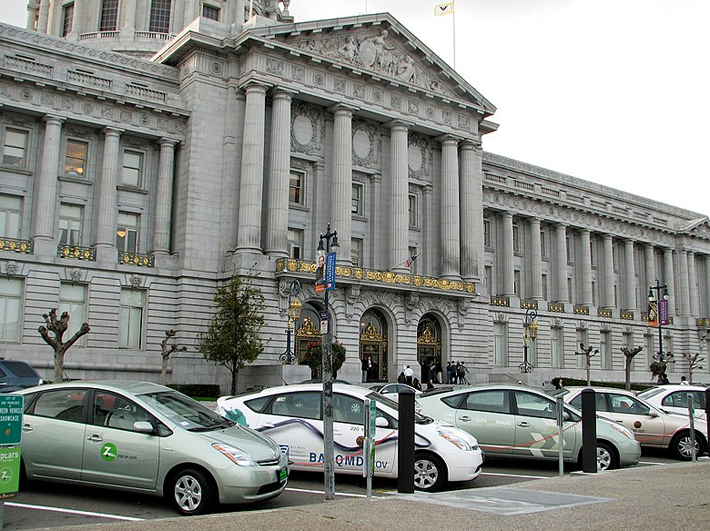
Improving your city's amenities and showing your commitment to sustainability is as easy as installing EV charging stations at Federal and State government locations. The installation of Level 2 electric car charging stations is an excellent way for your town to show its support for a more sustainable future while also meeting a practical need for its citizens, visitors, and employee. You can utilize these stations to make passive money or provide them for free.
Using Air Control Home Comfort Commercial EV Charger Stations, you can create the perfect electric car charging station for your federal or state government location, including options for managing the cables. Since the charging stations of Air Control Home Comfort use Open Charge Point Protocol (OCPP), you have the freedom to pick the third-party network provider that works best for you. With Level 2 chargers, users can charge their batteries eight times faster than with Level 1 chargers, and they also reduce the installation expenses.
State and federal agencies can get discounts, refunds, and even tax credits if they set up charging stations for electric vehicles. Find out what governmental and private programs are available to encourage the purchase of electric vehicles and the installation of charging stations. It might be a good place to start looking for electric car rebates and incentives offered by local governments or utility companies.
Smart Level 2 EV charging stations are a lifesaver for federal and state agencies, allowing for much faster charging times. The employees will be able to charge their electric vehicles at these stations 10 times faster than they could at home using a Level 1 charger. Government EV fleets can also have their charging status monitored and their charging intervals planned to take advantage of the utility's best rates, which is a huge plus.
One perk of installing a smart EV charging station at your local government building is that it is configured to restrict usage to authorized personnel only. The company or city's efficiency will rise as local workers can charge their electric cars more swiftly and safely at work.
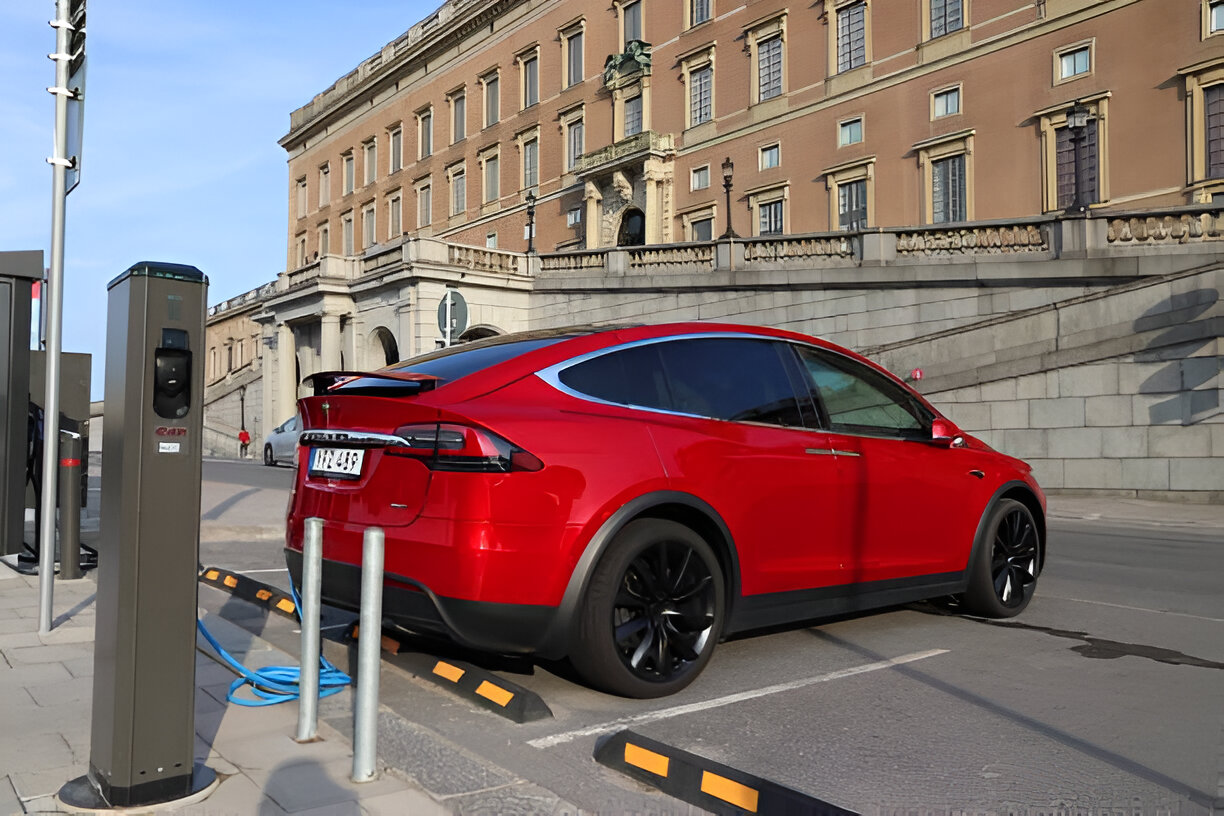
To ensure the effective deployment and management of electric vehicle infrastructure, the Federal and State governments must take certain factors into account while selecting EV charging stations. Local governments should give serious thought to the following:
Decide on public charging outlets that are convenient for everyone. Consider areas with high pedestrian traffic, public structures, and potential demand for electric car charging facilities.
Ascertain the stations' charging capacities and power outputs. To accommodate all of your electric vehicles, look for charging stations that provide a range of speeds, from standard to rapid.
Think about how many EVs are on the road in the future and choose a system that can accommodate that. To ensure it remains current and avoids rapid obsolescence, check that it is compatible with new industry standards.
Priority should be given to charging stations with user-friendly interfaces. Consumers have a positive experience and more people use electric vehicles since the charging method is made simpler with a simple design.
Before choosing a sustainable choice, add up all the costs, such as installation, maintenance, and utility bills. Sustainable practices, such as the use of renewable energy sources, should be seriously considered in order to align with the environmental and sustainability goals established by the local government.
Establish clear and user-friendly methods for invoicing and collecting payments. Consider options, such as subscription agreements and contactless payment methods, to make electric car charging more convenient for users.
To educate both residents and visitors, launch campaigns to highlight the benefits of electric car charging stations and where to find them. Digital signs, community participation initiatives, and electronic communication are all instances of this.
Verify that the selected charging stations comply with all relevant local regulations and get all required licenses. Coordinate the acquisition of the necessary permits and permissions to guarantee a problem-free installation and operation.
Push for more collaboration between teams and neighborhood organizations, companies, and power companies. By working together, we can pool our resources, expertise, and support to build a charging network that stretches further and faster.
The installation of charging stations that have robust security measures should be prioritized. Protective measures against loss, damage, and illegal entry are included in this. Financial transaction processing is as well.
Dealerships are starting to realize the requirement of installing charging stations for electric automobiles. Your dealership must have readily available EV chargers in order to meet manufacturer rules and prepare for a future when electric vehicles dominate the market.

Dealerships are starting to realize the requirement of installing charging stations for electric automobiles. Your dealership must have readily available EV chargers in order to meet..

The need for charging stations is rising as more and more individuals choose to drive electric automobiles. As an amenity for customers and a way to further sustainability efforts..

Improving your city's amenities and showing your commitment to sustainability is as easy as installing EV charging stations at Federal and State government locations.
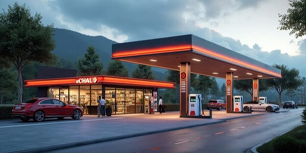
Convenience stores have traditionally been trusted locations for unforeseen gas and other needs. Eighty percent of fueling stations sell gas, which indicates that eighty percent..

Health clinics are important places for people to attend in every community because they promote wellness and healthy habits. Clinics, hospitals, physical therapy clinics, and dentistry offices..

Companies in the hospitality sector stand to gain from these changes as they provide a soothing setting for clients to relax. Hospitality companies that set up charging stations.

Customers who care about the environment and technology are pushing the parking sector to evolve. Air Control Home Comfort EV charging stations provide the impression to customers.

Retailers possess a unique chance to have a substantial influence on the electric car charging industry, particularly in the charging market opportunity.

By establishing clear guidelines for management, registration and accountability, sharing, and pricing, businesses that provide electric vehicle charging stations in the workplace..

The installation of EV Chargers and related infrastructure is Air Control Home Comfort's main area of expertise. When it comes to commercial "pay per use" smart charging points..
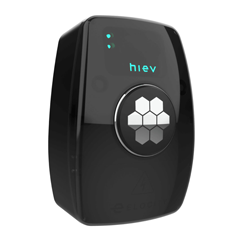
Specifications ● Input voltage/Output voltage: 110-240V ● Input frequency: 60Hz ● Max. output power: 7KW ● Max. output current: 32A ● Charging interface type: SAE J1772 ● Warranty: 3 year
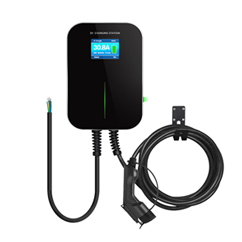
Specifications ● Input voltage/Output voltage: 100~250V AC ● Input frequency: 47~63Hz ● Max. output power: 9.6KW(240 VAC) ● Max. output current: 40A ● Charging interface type: J1772 ● Warranty: 2 year
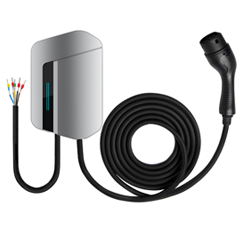
Specifications ● Input Voltage/Output Voltage:240V ● Input Frequency:60Hz ● Maximum Output Power:7KW ● Maximum Output Current:32A ● Charging Interface Type:J177 ● Warranty: 2 years
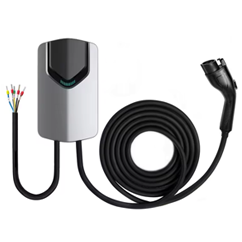
Specifications ● Input Voltage/Output Voltage: 240V ● Input Frequency: 60Hz ● Maximum Output Power: 7KW ● Maximum Output Current: 32A ● Charging Interface Type: Type 1 J1772 ● Warranty: 2 years
Air Control Home Comfort offers dependable, high-end residential EV charging solutions of the following brands




The home EV chargers of Air Control Home Comfort is compatible with following Electric Vehicle brands.












Your staff and clients have access to our Level 2 business chargers, which provide superior charging capabilities.

The Air Control Home Comfort software management system makes it simple to find the closest electric vehicle charging outlets. The greatest charging experience is guaranteed by our CRM, which is packed with several appealing features. When it comes to searching, navigating, paying, and using EV charging stations, it is the best app for end users of electric vehicles. Locating stations and controlling your charges are only two of the many features available on the mobile app with which you can plan your charging sessions more efficiently.
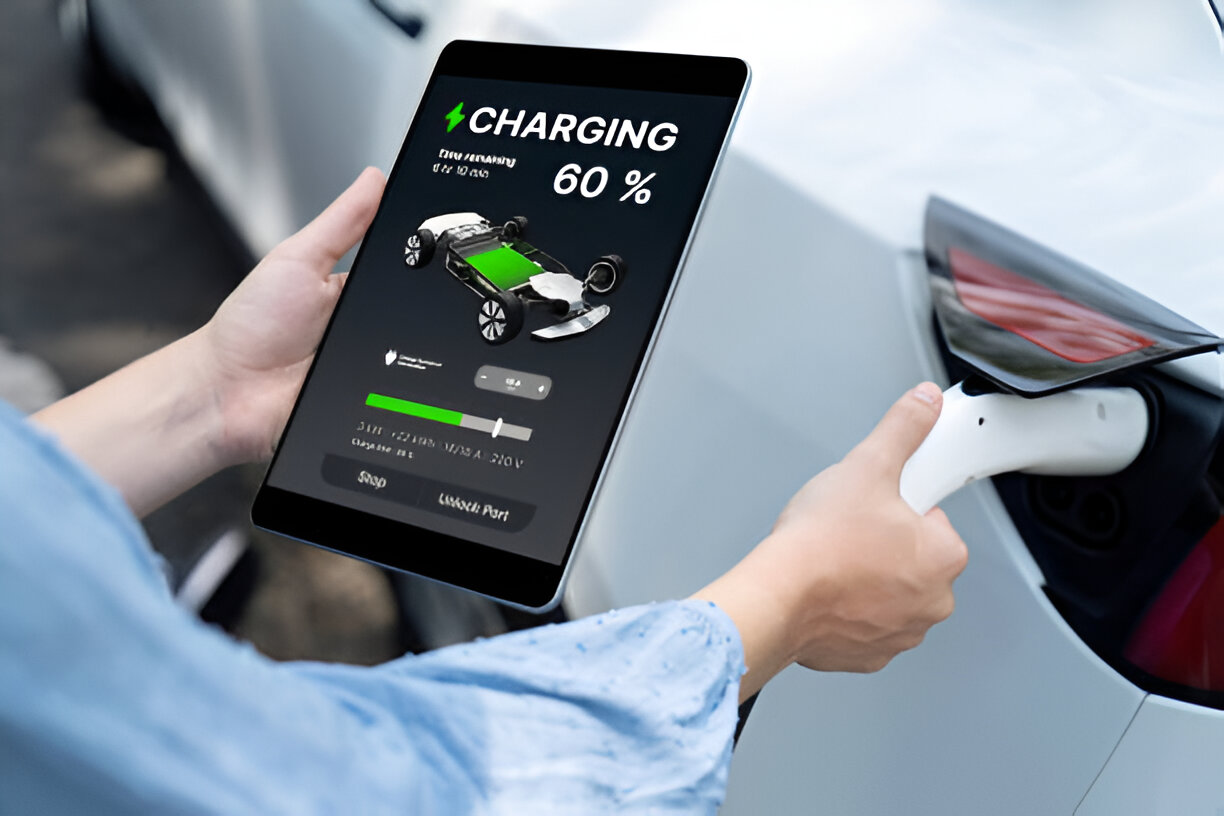
If you want to start, run, or expand your own chain of electric vehicle charging stations, our smart energy management platform is the way to go. All aspects of charging station administration, from operations and security to accounting and invoicing, are covered by the platform. Electric vehicle charging services are provided by this smart energy management platform, which can be installed on OCPP-compliant EV chargers. Apps for both Android and iOS, as well as a hierarchical dashboard, are all part of this software administration solution

Smart Maintenance
An intelligent alert and self-recovery mechanism where maintenance requires least human interaction.

Data Insights
Charge session details and analytics allow for business analysis and cost optimization.

Visual Dashboard
Data visualization and intuitive navigation allow for real-time network snapshots.

Scalable Management
The scalability of OS allows for central management of the charging network or station.

Site Optimization
Efficiently controlling the position and photos of charging sites to enhance the EV charging experience.

Dynamic Pricing
Nearly little human intervention is required for maintenance due to an intelligent alarm.

The total expense to get a commercial EV charging station ready depends on which type you choose between Level 2 and DC fast units plus how complex your site is and where you place it. The expense for installing one Level 2 charger stands at $5,000 to $15,000. DC fast charger installation prices cover a wide span from $25,000 up to $100,000. Businesses require extra expenses for permits after electrical refinement plus networking services.
Businesses that install EV charging stations will get new customers, satisfied team members and show their commitment to a healthy planet. Businesses can earn money through charger usage and access government incentives such as tax benefits when setting up chargers.
Maintenance is in proportion to the kind of water softener to be used and amount of water to be treated. Generally, you are supposed to monitor the level of salt in the brine tank and add some more one in every 4-6 weeks. Bi-yearly, the system probably needs professional servicing and periodic cleaning might also be needed to have the unit of the system running at its optimum best.
To work commercial EV chargers need their own separate electrical setup. For the Level 2 charger a 240-volt power source is needed but DC fast chargers typically require a 480-volt three-phase power supply. An electrical evaluation must happen before the power upgrade to verify the site's capacity.
Many official programs across different government levels assist organizations when they set up commercial EV charging stations. These can significantly reduce upfront costs. You need to reach out to local officials or power companies to discover their programs for EV charger financing.
● Address 746 Warden Avenue, Unit# 11, Scarbrough, ON M1L 4A2
● Support 647-693-6266
● Email info@aircontrolhomecomfort.ca
● Opening Time Monday to Sunday 24/7
Air Control Home Comfort is involved in improving the comfort of your home by supplying water softener systems with the highest quality and charging solution of electric vehicles (EV).
Copyright ©2024-2025 Air Control Home Comfort All Rights Reserved